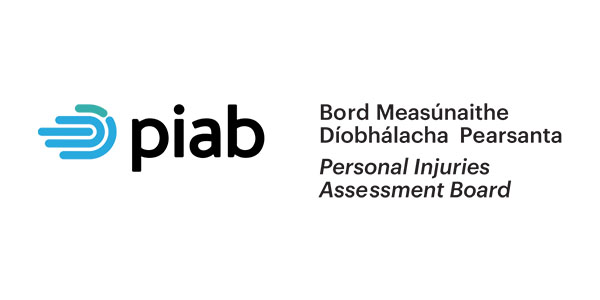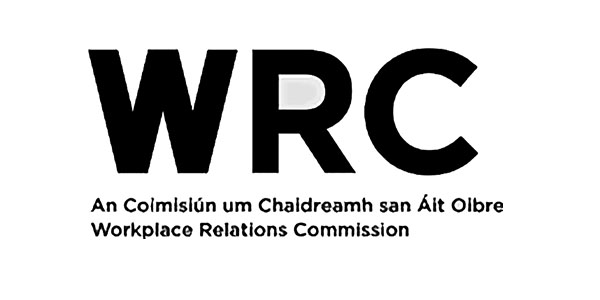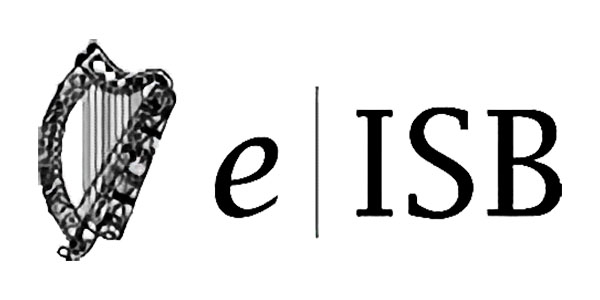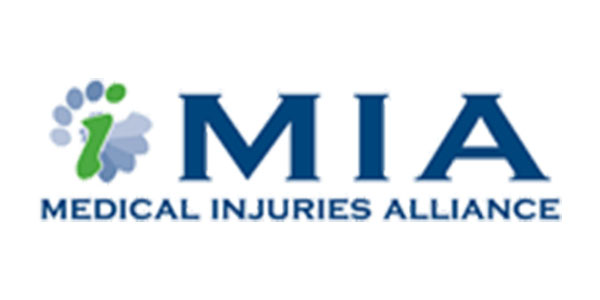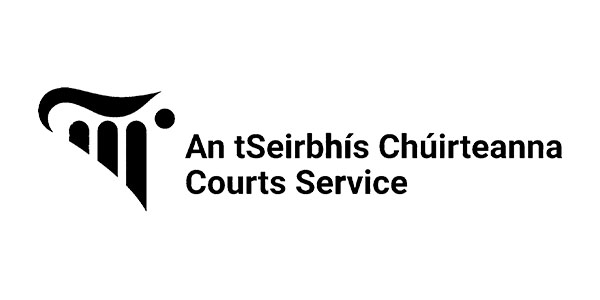Employees in Ireland have many legal protections in the workplace. If you feel you have experienced an injury at work that wasn’t your fault and could have been avoided then get in touch with Baxter Mimnagh Solicitors.
Accidents in the workplace are more common than you might think. According to statistics released by Ireland’s Health and Safety Authority, there were 9,358 non-fatal injuries in the workplace reported in 2019. Additionally, there were 47 fatal injuries recorded by the Irish authority that year. This is a surprisingly high number, considering the advances in workplace safety legislation and practice that have been introduced to Irish workplaces over recent decades.
The reassuring aspect is that employees are well protected by legislation and can seek redress for any injuries or accidents at work.
Employers have legal responsibilities and obligations to protect their employees. They have a responsibility to ensure the best possible safety procedures are in place and adhered to. Any failings in health and safety that result in personal injury have a direct consequence for your employer. They can be held accountable.
Do I have to be in a physical workplace such as an office or shop to be protected?
Workplace accidents refer to any injuries experienced during the course of your job. That covers people working on their employer’s premises, but it also includes accidents that might occur anywhere that a person has to visit because of their job.
For example, a salesperson may have to travel around Ireland to meet clients. Building sites are outdoors and change location but workers must be protected by health and safety procedures in all locations they are asked to work in.
Many people are employed in high-risk workplaces, such as roofers or meat factory workers, and they may feel that working in hazardous conditions is part of their job. However, their employer is still legally bound to protect them while at work. If you’re unsure about whether your workplace injury is covered then get in touch with Baxter Mimnagh Solicitors and we can advise.
What types of injuries are included?
Any injury suffered as a direct consequence of doing your job is included – this covers cuts to the skin, back injuries, fractures, repetitive strain injury, head injuries and many more. The issue is whether the accident occurred because of negligence on the part of your employer.
The following are some of the ways in which you might be injured in the workplace:
A slip, trip or fall on the premises or while doing your job.
Using unsafe machinery, including vehicles like forklifts.
Falling from scaffolding, ladders or other heights in the course of your job.
Objects falling on you from a height.
Using equipment that hasn’t been maintained.
Lack of training for you or of co-workers.
Failure on the part of the employer to adhere to health and safety regulations.
The presence of noxious substances in the workplace.
Assault in the workplace.
This list is not exhaustive and other scenarios exist but they show how wide the definition of workplace injuries is. If you have experienced a different kind of injury and you’re not sure whether it warrants compensation, you can contact Baxter Mimnagh Solicitors today & speak to one of our experts.
Am I not responsible for my own safety in the workplace?
Employees do have a responsibility for their own safety. Among other things, they must ensure that they are taking reasonable care in fulfilling their duties. They must follow their employer’s guidance on how to stay safe and they must ensure that they don’t work while under the influence of drink or drugs. An employee must also report any defect or incorrect operation of machinery or concern around procedure not being followed by other employees. There are many other personal safety obligations based on the type of job you do.
What procedures do I need to follow if I do experience a work-related injury?
You must report your injury to your employer as soon as possible after it happens. They are legally bound to record it and report the incident to the Health and Safety Executive. You may have to ask your employer if they have done this. It would also be useful at this point to review your contract for details on sick pay or accident pay. This will help us in advising you on next steps. However, if you don’t have this information to hand we can still help.
What should I do next?
If you have questions about accidents in your workplace you can speak to one of our advisors in confidence. Contact Baxter Mimnagh Solicitors here.

